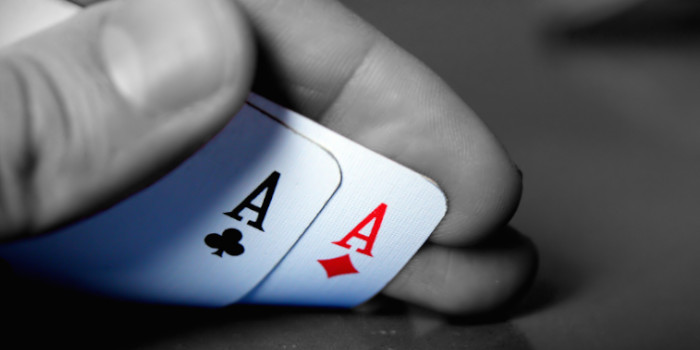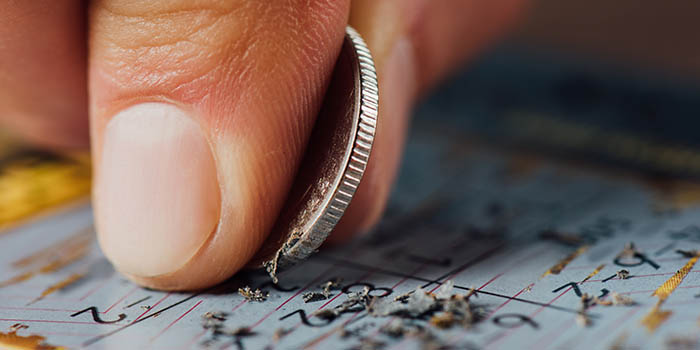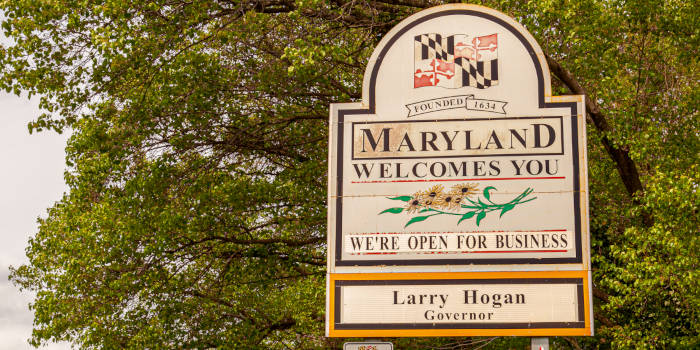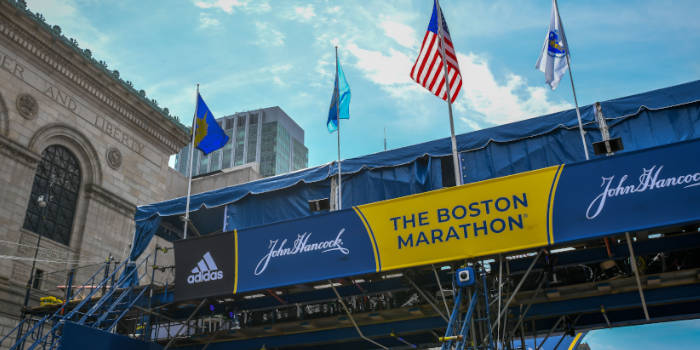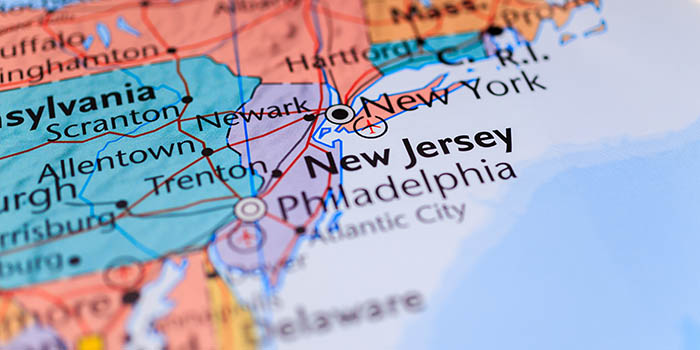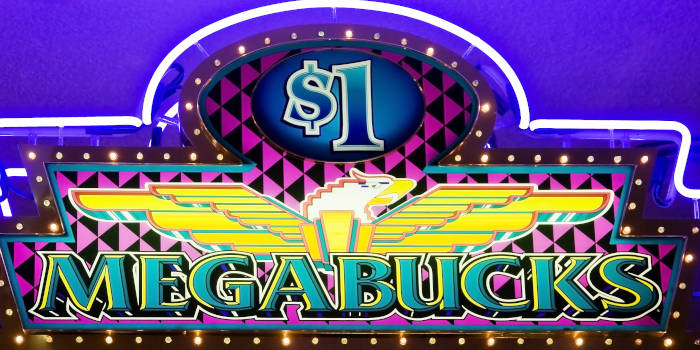Survey: Most of Indiana Residents Gambled in the Past Year

A survey in Indiana conducted in the spring of 2021, of which the results were just released last week, revealed a vast majority of adult state residents participated in at least one gambling activity in the past 12 months.
Survey Results
The survey funded by the Indiana Council on Problem Gambling and designed by Prevention Insights at the School of Public Health, Indiana University-Bloomington, randomly selected 495 state residents aged 18 and above. Survey results showed 84.8% of adult Americans living in the Hoosier State had engaged in gambling activities in the 12 months prior.
The Indiana lottery seems to have entertained the greatest interest, as 71.7% of the respondents reported playing some type of lottery games, way ahead of casinos, which were reportedly visited by 46.2% of the survey participants. Sports betting remained further behind, entertaining just 20.5% of player interest.
Spread across different games, lotteries, with 61%, dominated again, followed by scratch cards attracting 59% of respondents’ interest. Raffle tickets, card games and games of personal skill ranking 4, 5 and 6. with 49.9%, 44.2% and 40.1% of the answers, respectively.
In terms of gender-related preferences, males were more attracted to table games, video poker, sports betting, fantasy sports and even high-risk trading, while females showed a distinct preference for bingo.
Across the different age groups, younger individuals in the 18-34 bracket reported participating in multiple activities, including dice, sports wagering, card games, games of personal skill, fantasy sports, online gambling and high-risk trading, while the next group of adults between 35 to 54 participated in office pools.
The survey did not show any wide variation of gambling rates across different levels of household income, with the only distinct exception being the preference for online gambling and reluctance in raffle tickets participation for people in the group of up to $50,000 annually.
Problem Gambling
Utilizing different protocols to measure levels of problem gambling, the survey reported problem gambling behavior for less than 5% of the adult population in Indiana. Based on the Pathological Gambling Diagnostic Form (DSM-V), 4.1% of respondents fell in the category for gambling disorders, while the NORC Diagnostic Screen for Gambling Problems (NODS) revealed 3.4% to be pathological gamblers. The Problem Gambling Severity Index (PSGI) identified just 2.5% of the respondents as having severe problem gambling issues.
The NODS protocol identified more men than women reported pathological gambling, while the group of younger adults between 18 and 34 years ranked lower than older adults in terms of severity of the issue.
The first-ever gambling survey in the state in its 30 years of gambling history also revealed 1.2% to have ever sought treatment for gambling-related problems, with the majority of those ranked in the higher severity categories more likely to seek help, while 44.8% of respondents indicated awareness of the statewide gambling helpline.
With 4 years experience as an analyst, Julie—or ‘Jewels’, as we aptly refer to her in the office—is nothing short of a marvel-worthy in her attention to the forex and cryptocurrency space as she quickly became the first pick to co-pilot education to the masses with Mike.

